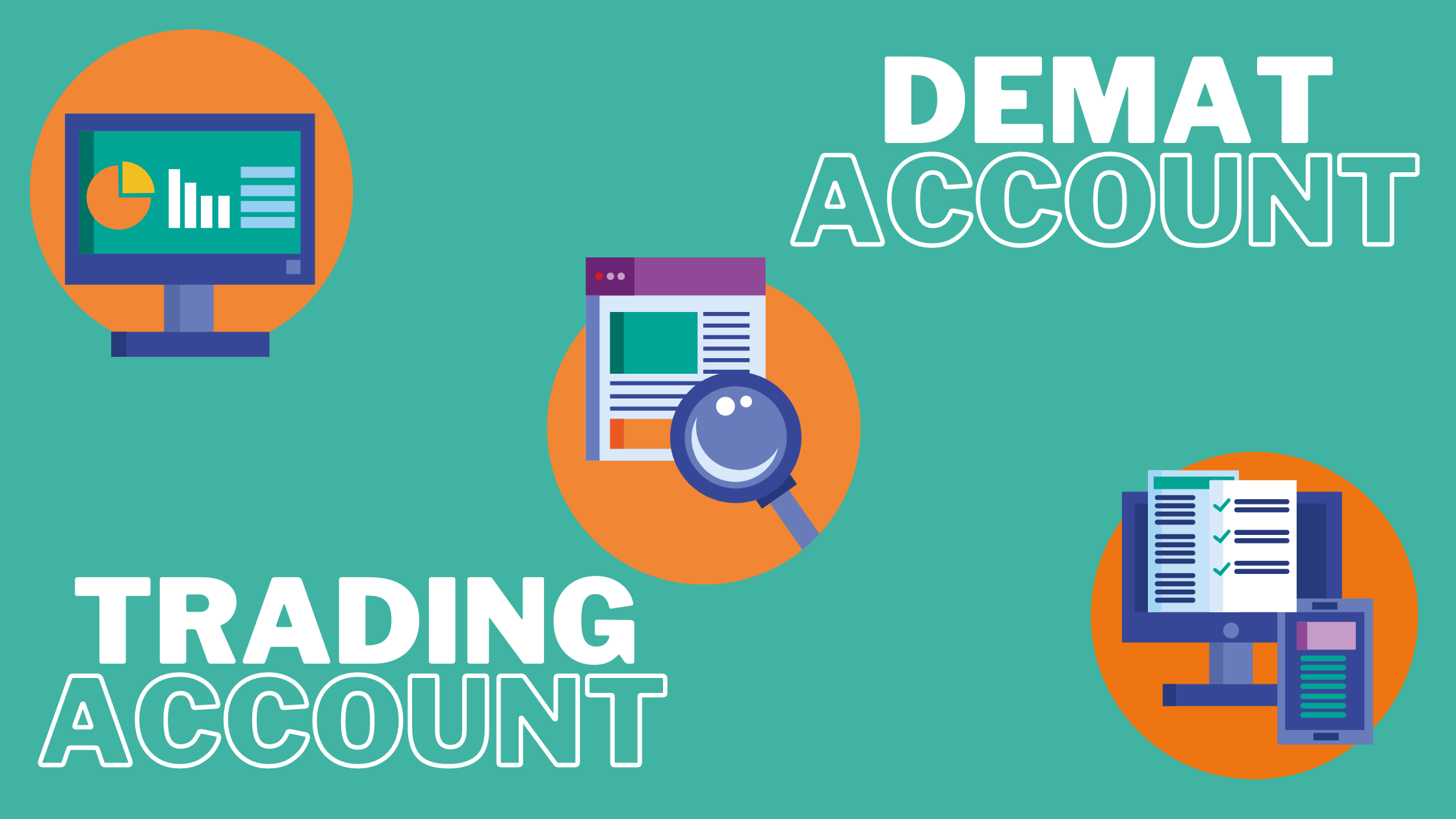In this day and age, we are faced with a glut of options in almost every facet of our lives, and investing is no different. From conventional instruments such as bank deposits to ever-evolving market-linked instruments, there is a variety of options you can choose from. It is important to understand your investment goals and risk tolerance, and utilise technology and information to make sound and timely investment decisions. In this article, we shall discuss how you can open a demat account and invest your savings into the securities market to build wealth in the long run.
How to Open a Demat Account
One of the essential cogs in the securities market mechanism is a demat account. Such an account serves as the safe and cost-effective reservoir of the securities purchased by you from the market. You can open a demat account by visiting the official website of the National Securities Depository Limited or the Central Depository Services Limited and choosing a depository participant. Alternatively, you can do some research and choose a credible depository participant to open your demat account. In order to open a demat account online, you must have a valid proof of identity and a valid proof of address.
Ways to Invest Like a Professional Through Your Demat and Trading Account
Once you have a functional demat account, a trading account, and a linked bank account, you can start trading in the securities market. Here are some tips which can help you invest like a professional.
-
Understand your investment goals: Before weighing the prospective worth of any investment option, you must gain clarity on your overall investment objectives, the timeline of your investments, the risk you wish to undertake, and the types of securities you wish to invest in. Having clear investment goals is critical to adding the appropriate securities to your portfolio.
-
Invest time in research: The next step is to dedicate ample time to research. You must analyse the costs, timeliness, risks, liquidity, and potential returns associated with various securities, for instance, equity shares, mutual funds, debentures, etc. This can help you shortlist investment options for your portfolio.
-
Read the fine print: It does not suffice to assess a prospective investment option through a broad lens. You must read the respective written documents pertaining to the shortlisted securities, for instance, the scheme document for a mutual fund, and understand where the collected funds shall be invested (in case of mutual funds). It is important to understand the cost, risk profile, and liquidity of any investment options under consideration.
-
Assess, compare, and select: After assessing various investment options, you must compare them with each other and determine which ones suit your investment goals vis-a-vis timeline, risk exposure, return potential, liquidity, etc. Then you can pick the investment options you deem a worthy addition to your portfolio.
-
Choose a reliable intermediary: Since investments in the securities market are carried out through stock exchanges and trading accounts, it is critical to open a demat account and trading account with a credible and authorised financial intermediary. Furthermore, you must pick an intermediary with a functional and dynamic trading platform and broking app. This way, you can access your trading and demat account in a convenient manner as well as peruse the latest market information and insightful reports by analysts and experts.
-
Do not leave any doubts and queries unanswered: Should you have any doubt about any facet of a particular investment option or any feature of the selected broking app, you must reach out to the relevant authorised intermediaries to resolve said doubts. It is not advisable to proceed with any investment until you have absolute clarity of thought.
The Bottomline
Opening a demat account and trading account is amongst the first steps towards participating in the securities market in India. In order to invest like a professional, you must keep the aforementioned points in mind. Furthermore, you must review your investment portfolio on a regular basis to reassess and recalibrate it as required.
Read Also: THE FUTURE OF TRADING APPS AND WHAT TO EXPECT

